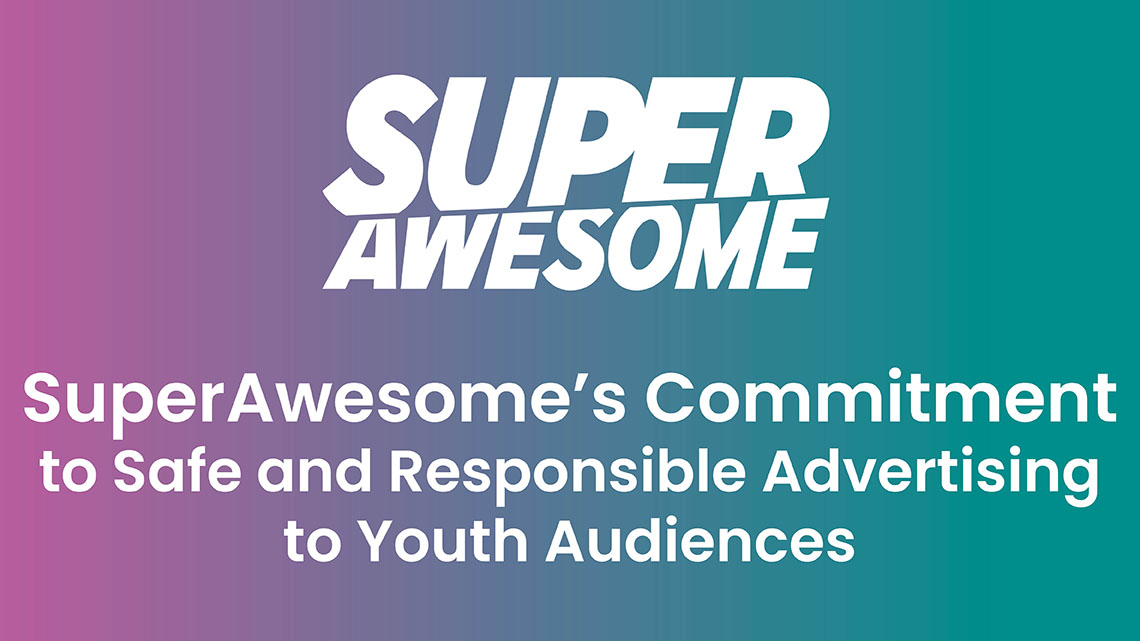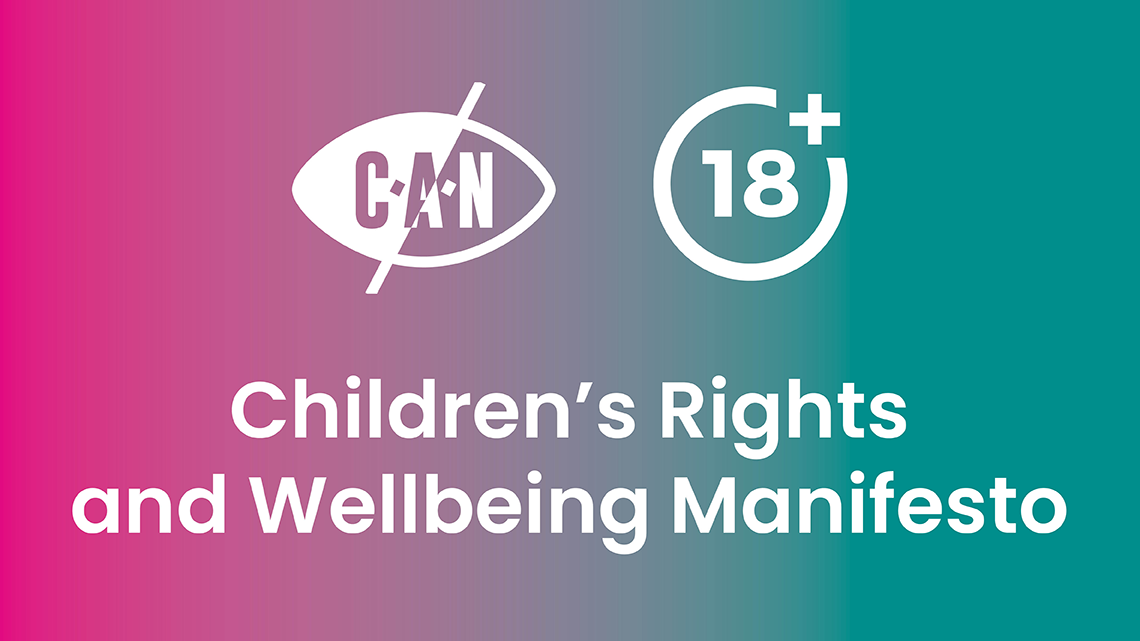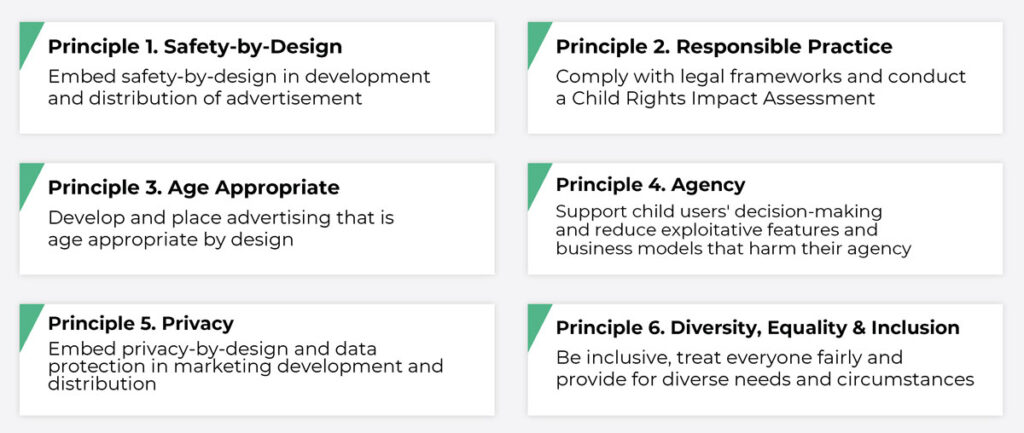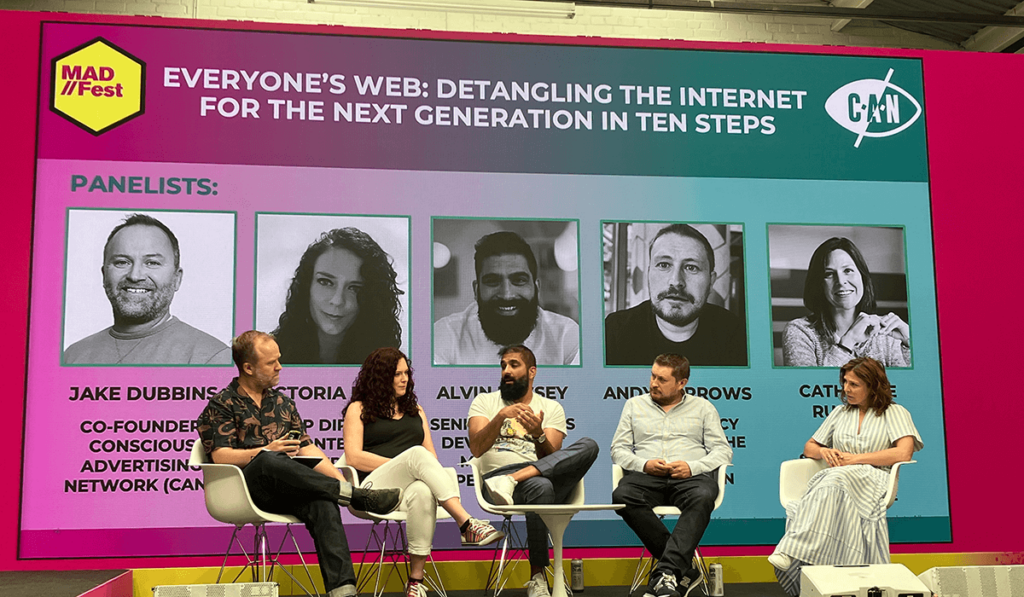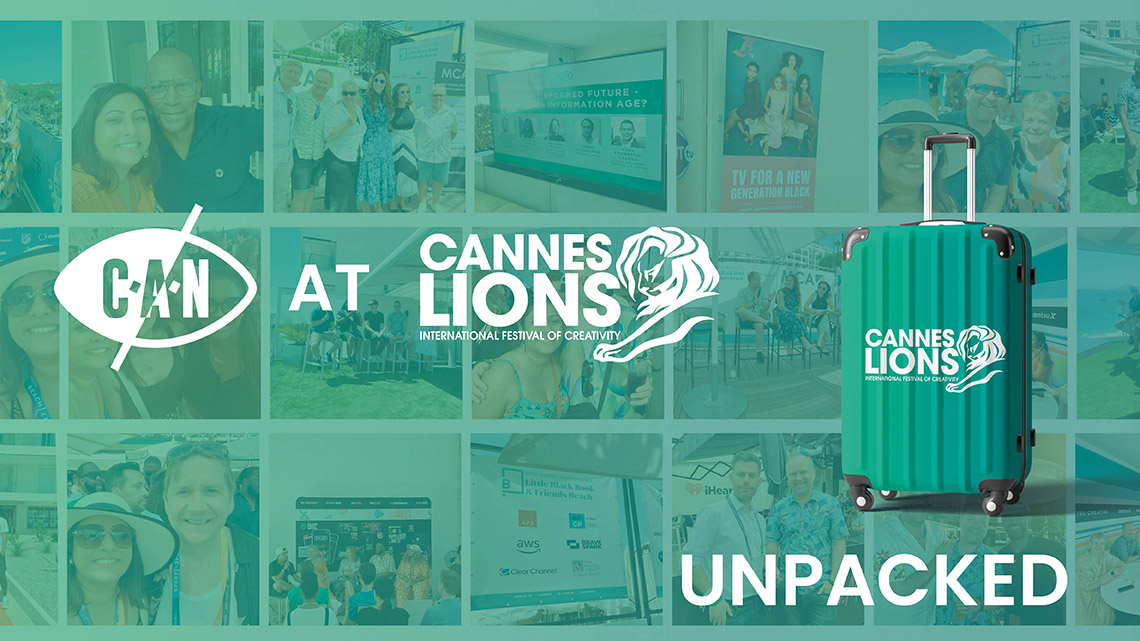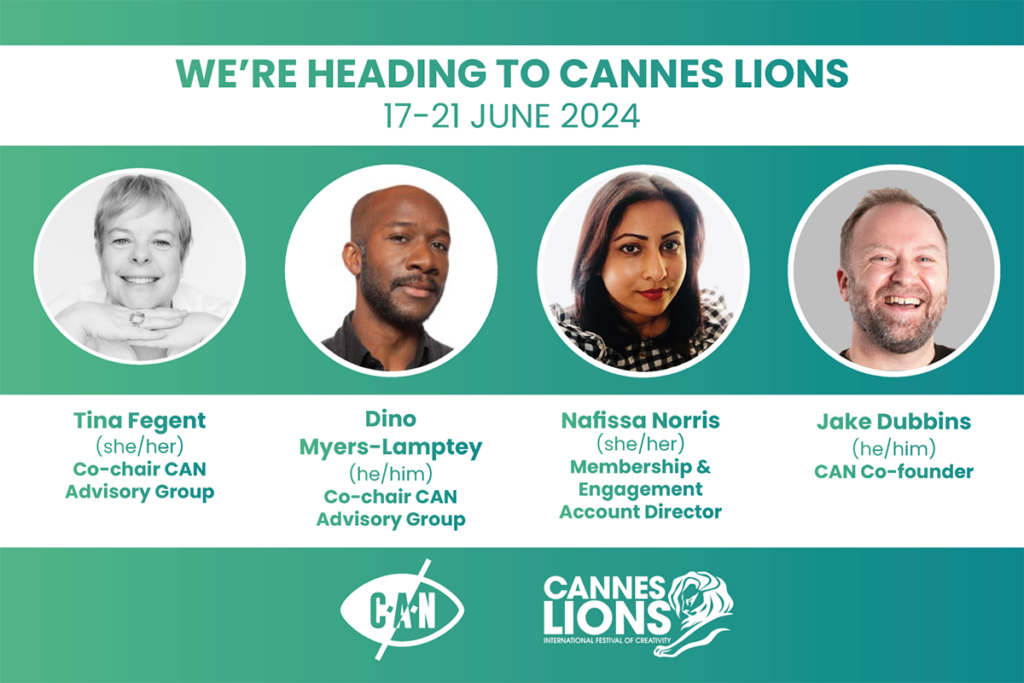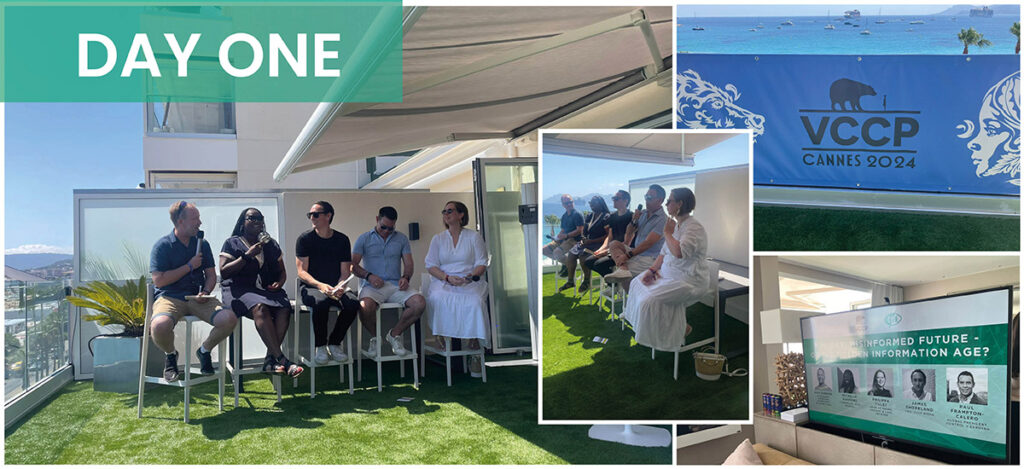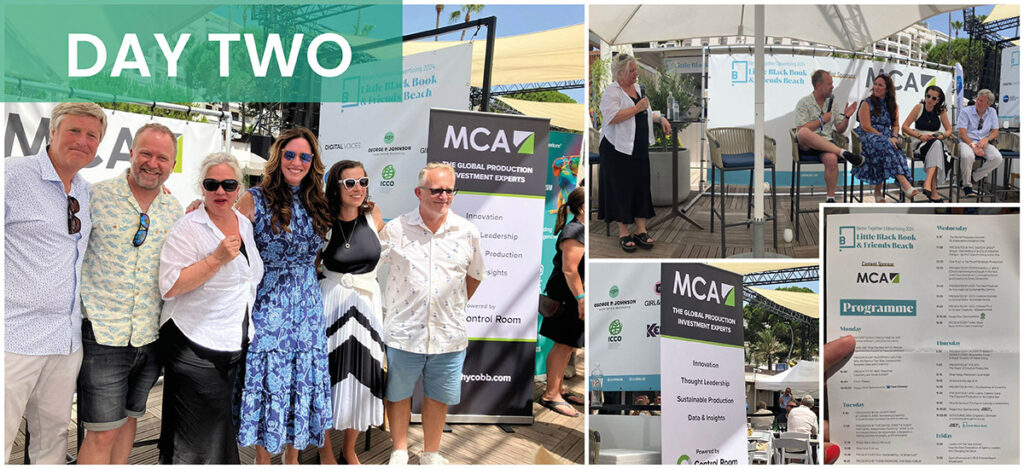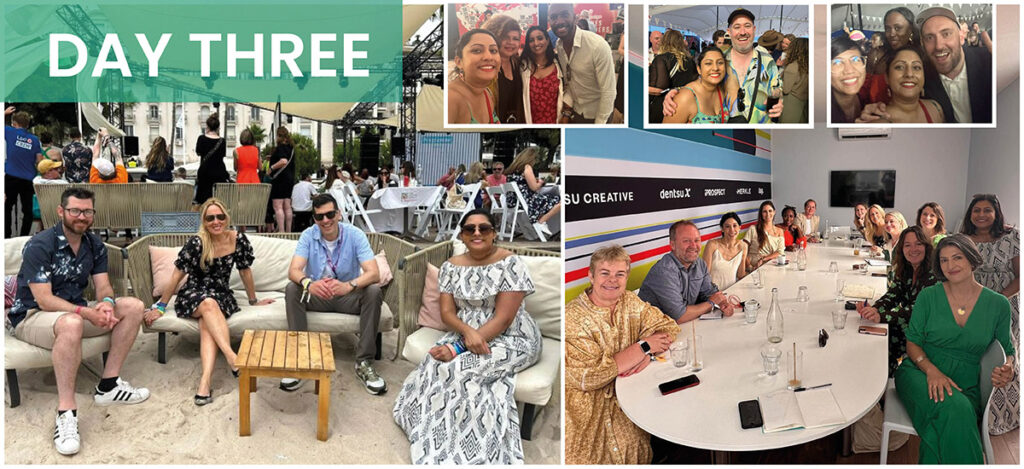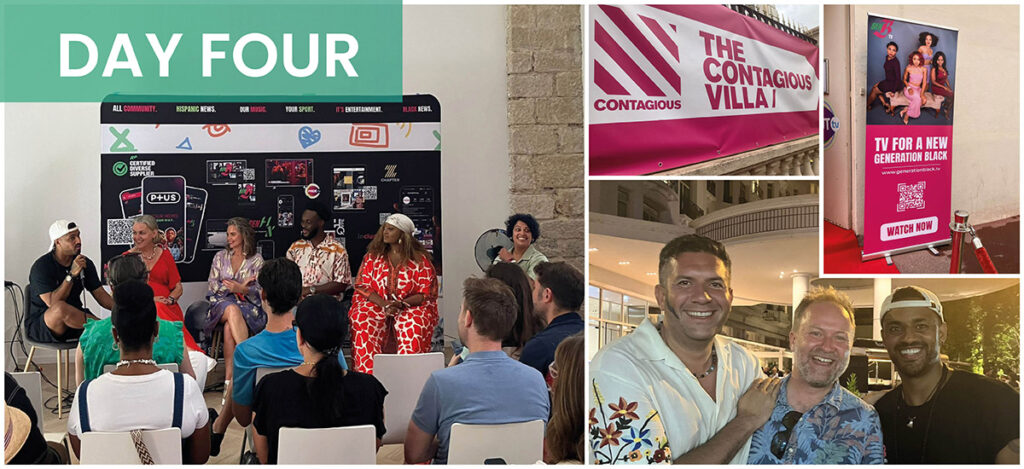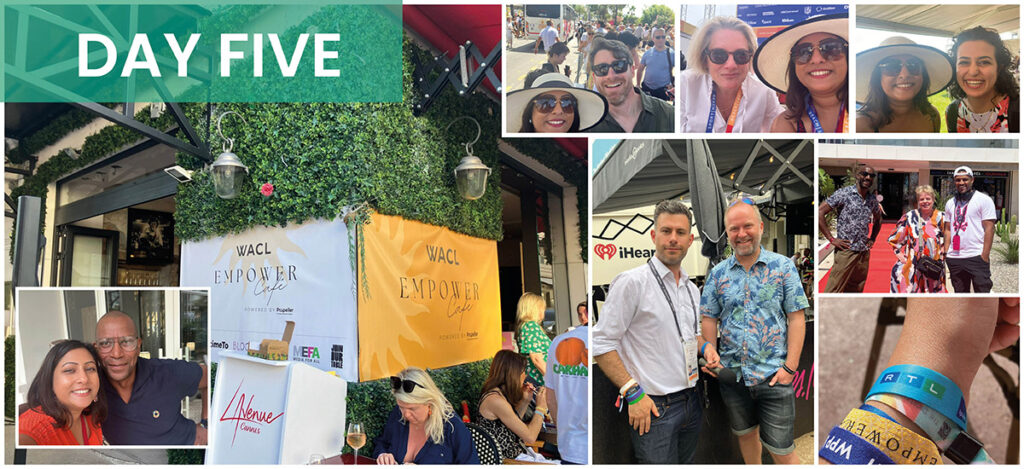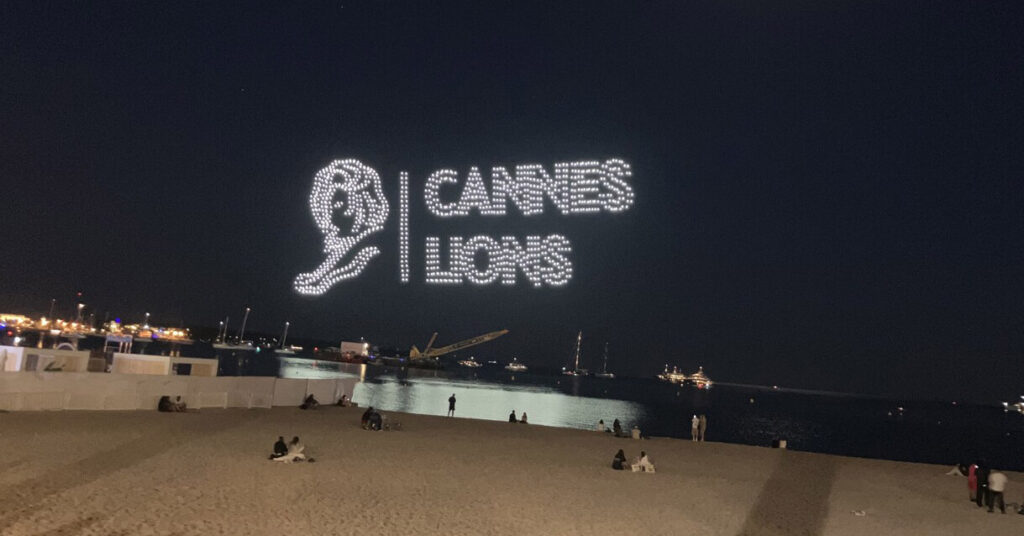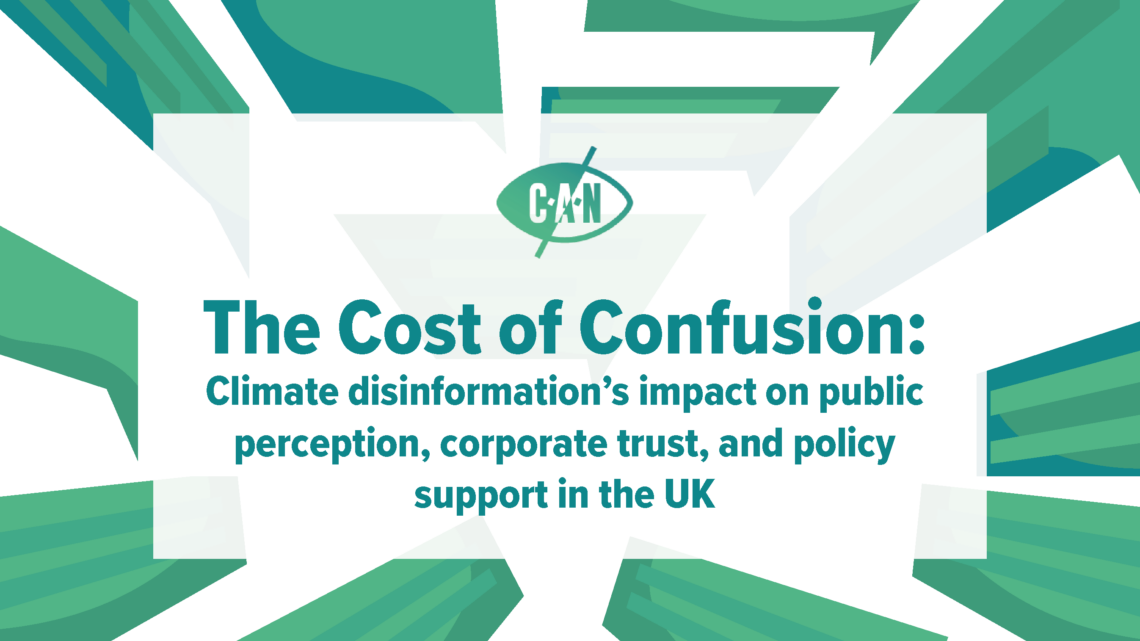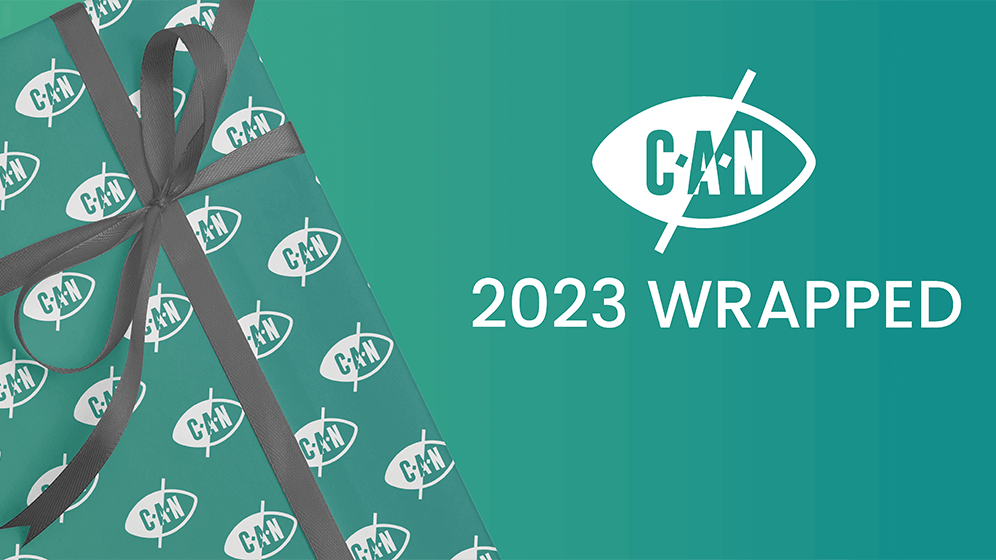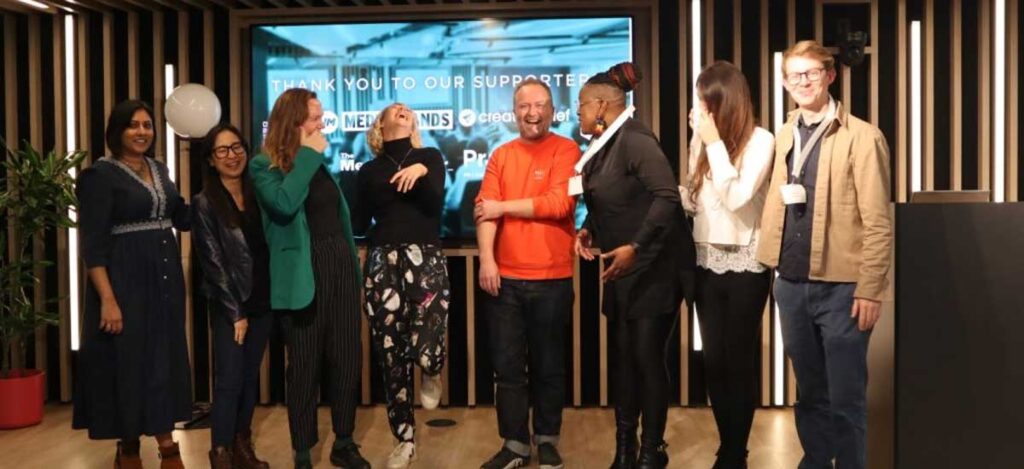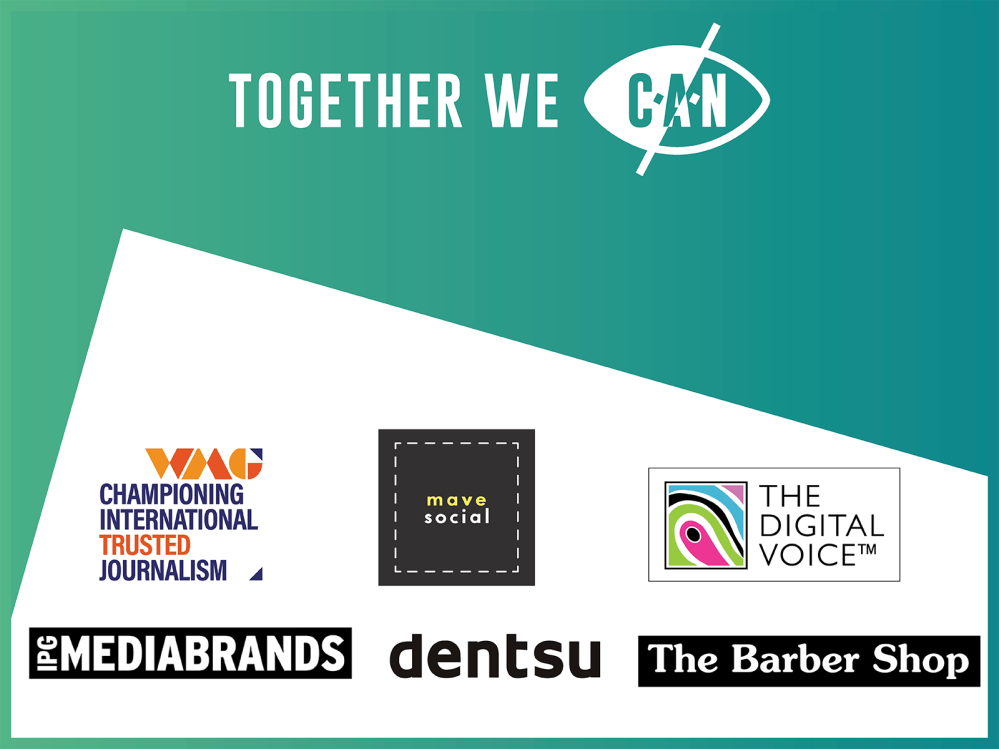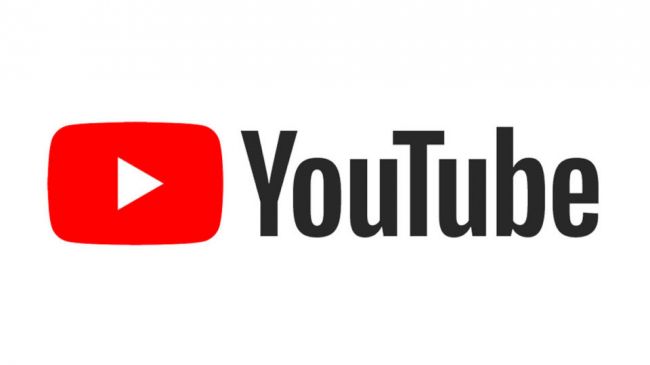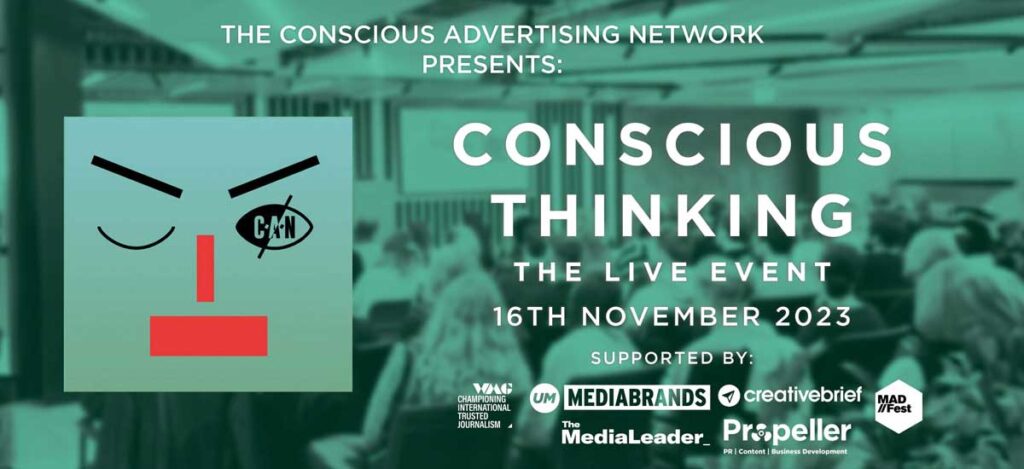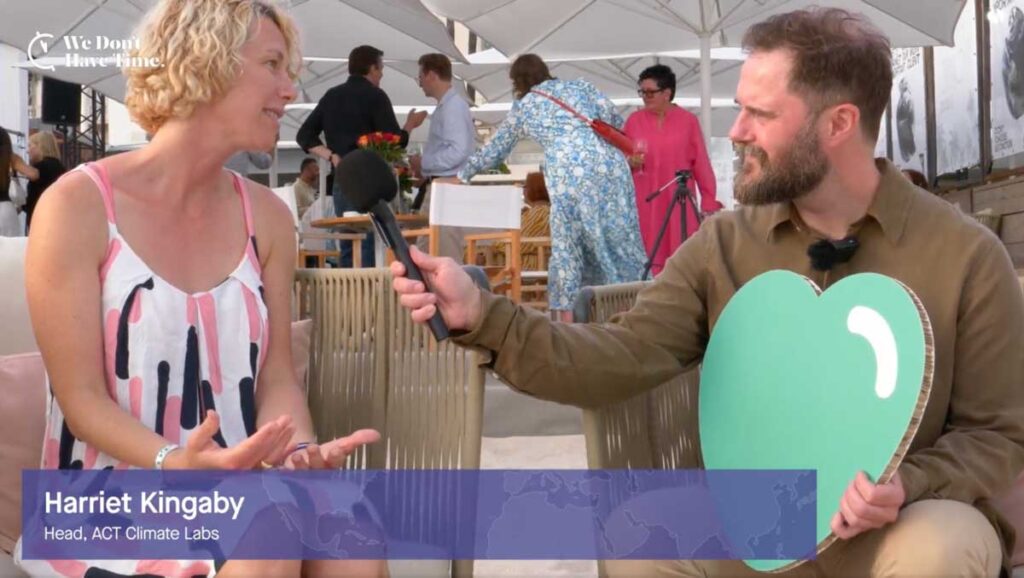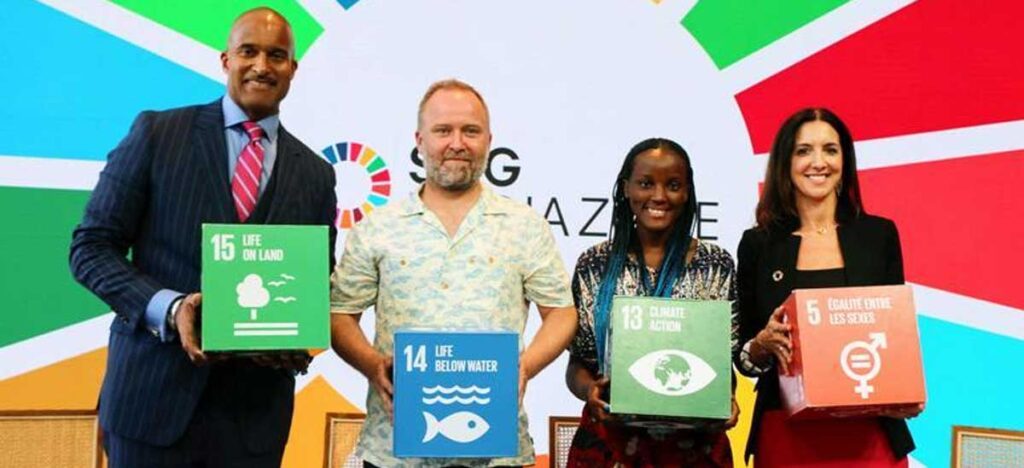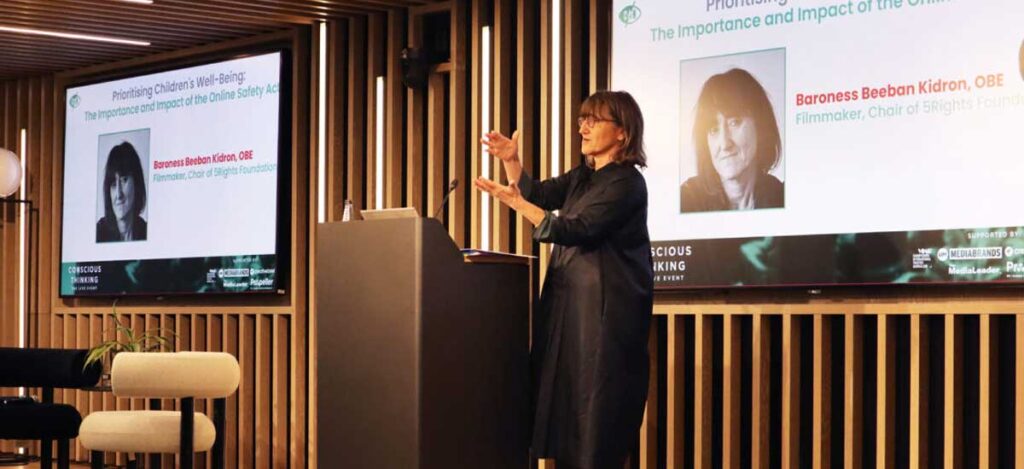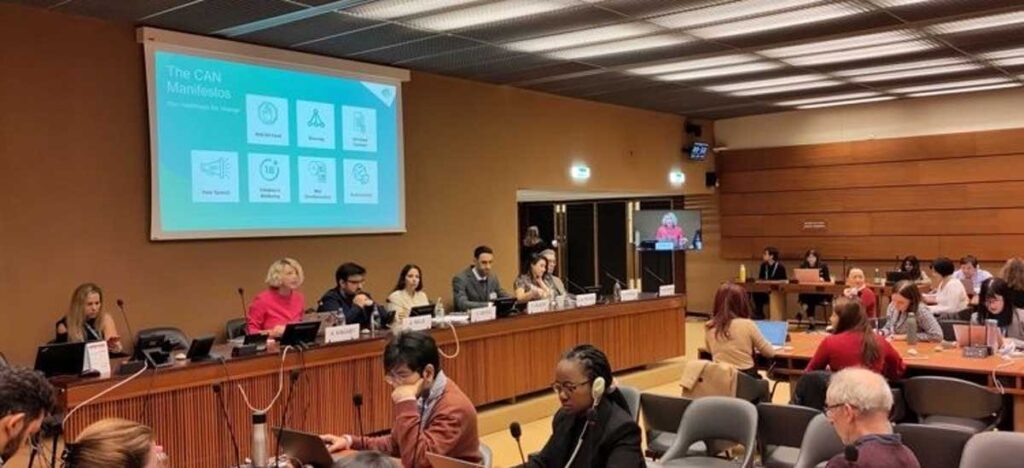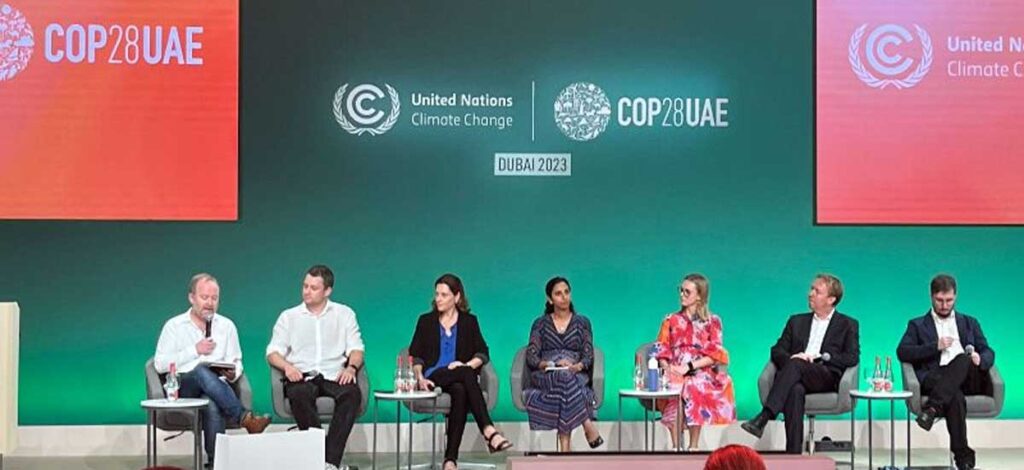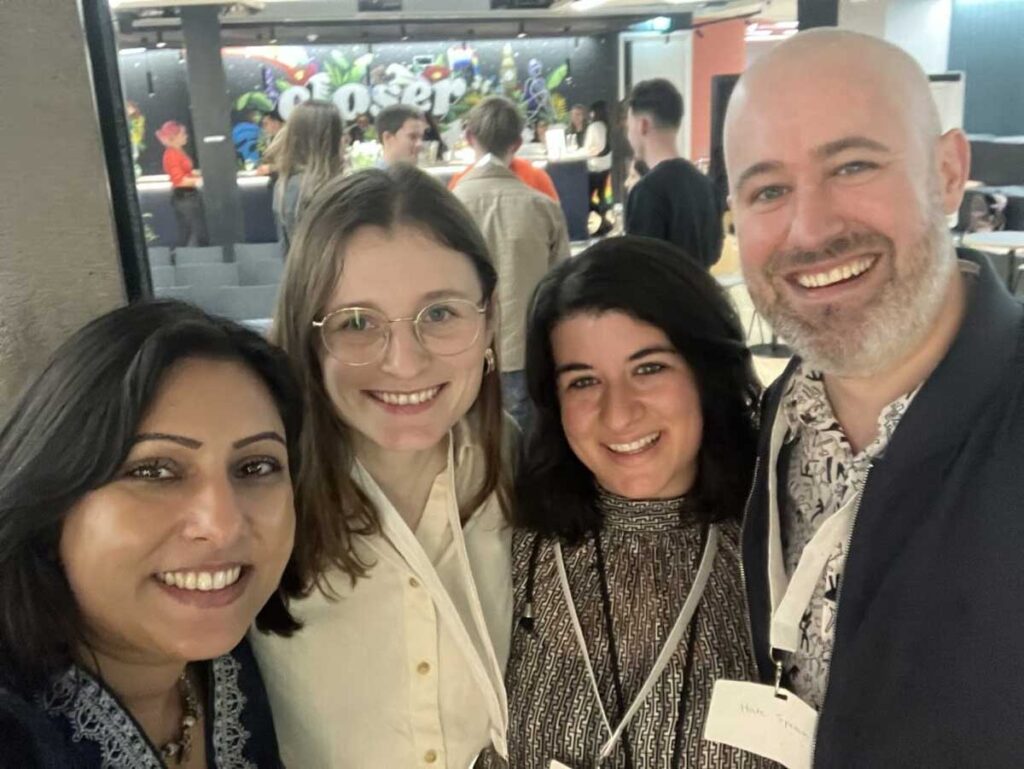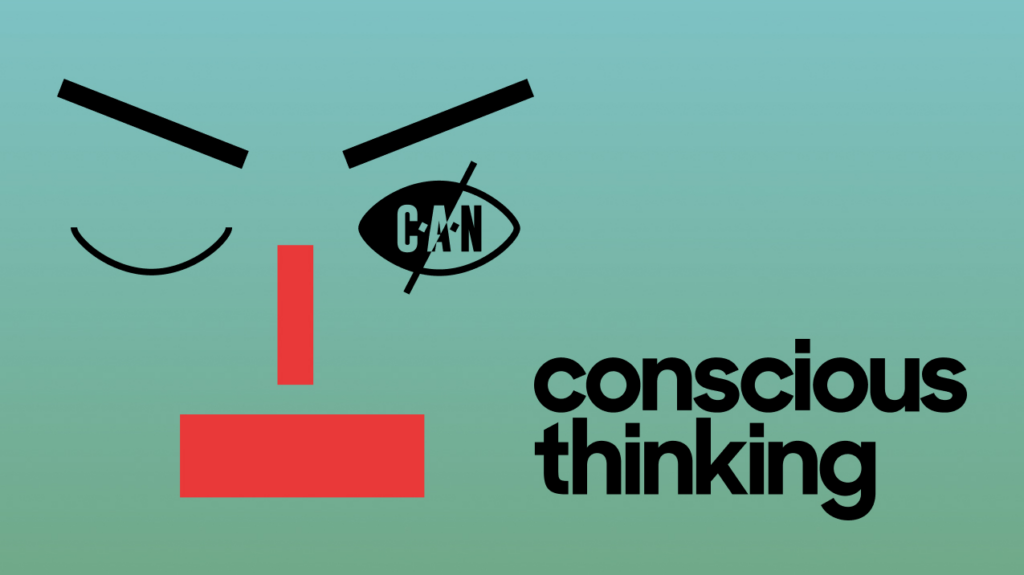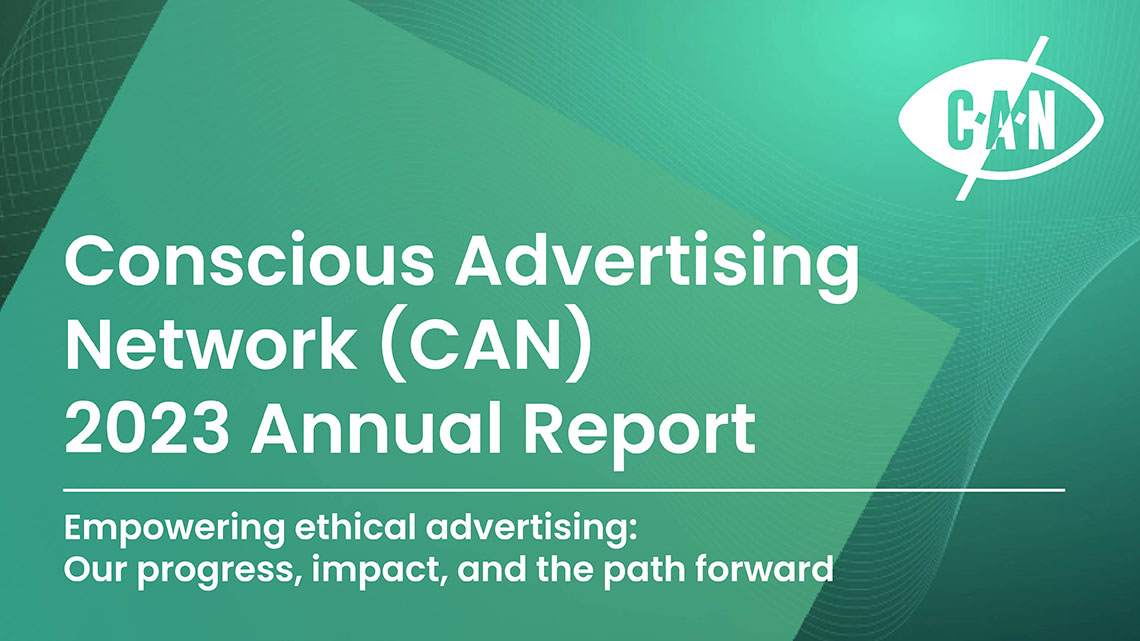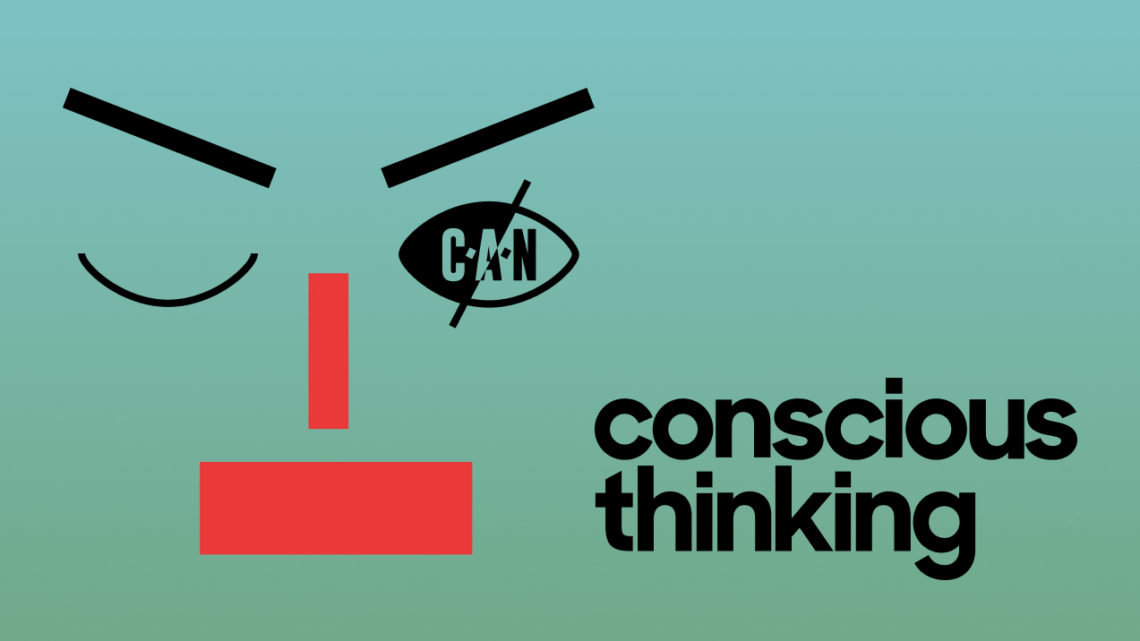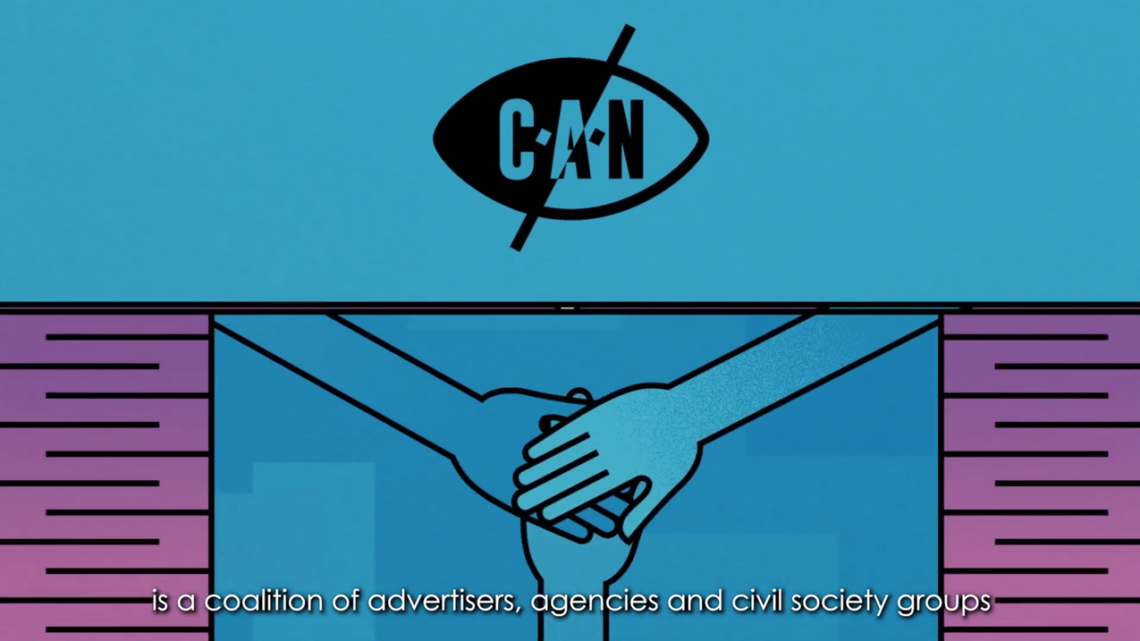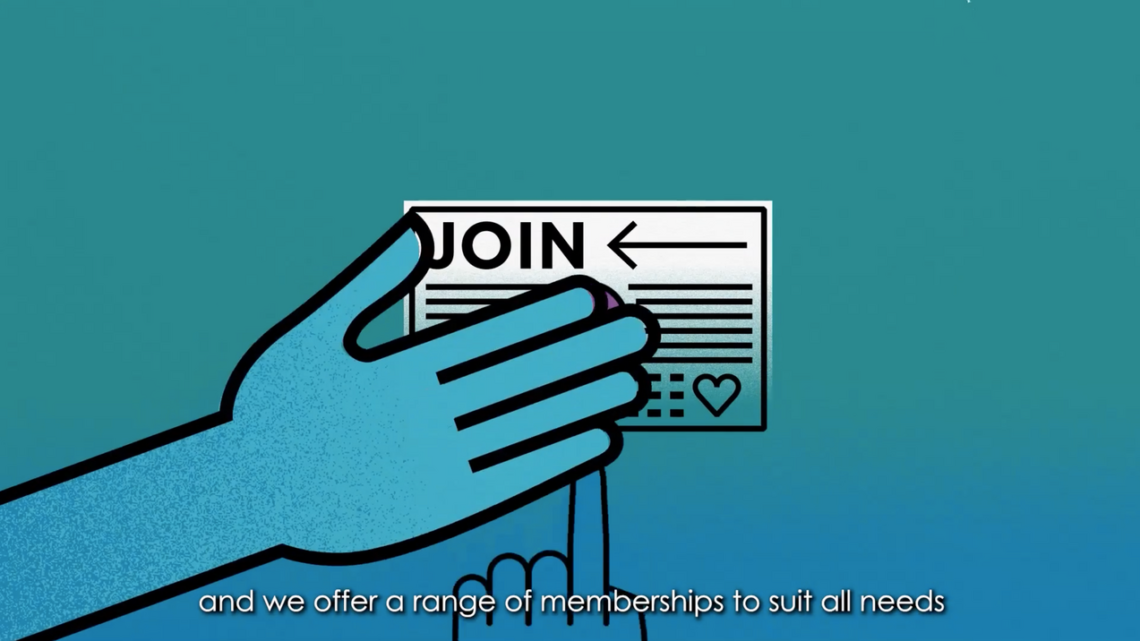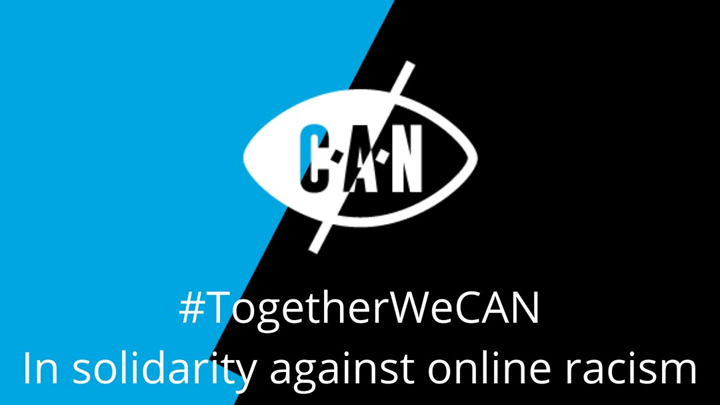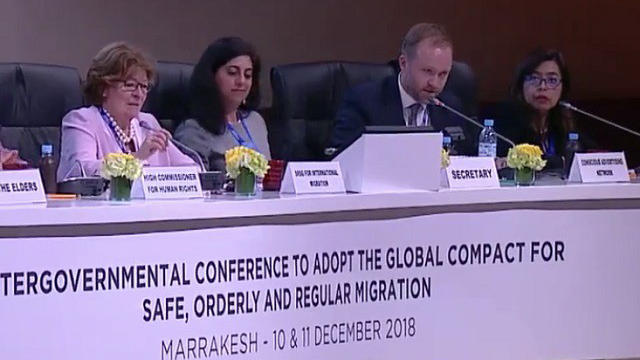As many of us warned, the lack of adequate action by social media companies to combat online discrimination has once again left players in the public eye subject to horrendous levels of abuse.
The racism that we saw directed towards England’s players this week, when they should have been celebrating their highest finish in a major men’s tournament in over five decades, followed the trend of abuse that we have seen online over the past few years. Racist abuse causes trauma, not only to those who are targeted, but it also has a painful and triggering impact on others who view this online.
When offensive, dehumanising and threatening messages are sent to players, it’s not just a question for the social media platforms but those who fund them as well. We as brands, agencies, trade bodies and civil society organisations who work closely with teams and players have a voice, opportunity and responsibility to not stay silent.
That is why we are standing in solidarity with everyone who has received discriminatory abuse online and calling for all of us in the advertising industry to come together to find a solution.
Social networks must do more to make their platforms safe for everyone. Therefore, we are calling on you to:
1. Publish updated hate speech policies, that include the use of emojis, to support your zero tolerance approach.
2. Advertise your zero tolerance approach directly to users.
3. Enforce your policies and report racist abuse to the police, employers and relevant football clubs as a crime.
4. Add an interstitial to disrupt potentially racist remarks, and ensure human checking on all posts flagged in this way.
We expect these changes to have been made by the beginning of the 2021/22 Premier League season, 13th August 2021.
If you would like to join the signatories, please contact hello@consciousadnetwork.org]
Signed…
Organisations
Conscious Advertising Network
Direct Line Group
KFC
VirginMediaO2
Mars, Incorporated
British Gas
SSE plc
PepsiCo organization
Weetabix Food Company
Havas Media
KIND Snacks Ltd
Giffgaff
On the Beach Plc
Hotel Chocolat
Portas Agency
Show Racism the Red Card
Fare Net
Ebiquity
OMG UK
Campaign UK
International Advertising Association (UK)
Women in Advertising and Communication Leadership (WACL)
The Institute of Practitioners in Advertising (IPA)
Creative Equals
Stonewall
Bloom
Splendid Communications
Glitch
adam&eveDDB
MG OMD
The7stars
PHD UK
Cirkle
VERB Brands
RAPP UK
OMD EMEA
Eve Sleep
Sixteenbynine
The Jewish Council for Racial Equality (JCORE)
Charities Against Hate
The Beyond Collective
Above+Beyond
Yonder Media
Hall and Partners
Fold7
WeAre8
AAR Group
Outvertising
ENGINE Group UK
MediaMonks
Brand Advance Group
DECA Media Consultancy
SENTIMENT Live
Antisemitism Policy Trust
FCB Inferno
Wunderman Thompson UK
R/GA London
Born Social
Thinkbox
Brooklyn Brothers
Stop Funding Hate
JW Collective
Total Media Group
Start Design
M&C Saatchi
VMLY&R COMMERCE
What’s Possible Group
Hope Not Hate
Emarketeers
MBAstack
We Are Social
OKA
Media Bounty
Center for Countering Digital Hate
Stop Funding Misinformation
Anything is Possible
Zedosh
Creative Culture
VideoWeek
DRUM
The Voice
The Jamaican Gleaner
Creativebrief
Empower Agency
Toaster
GrowthNB
Mr. President
Underdog Sports Marketing
Adimo
Mobsta
PUNK Creative
Migrants’ Rights Network
Cazoo
Teads
AOP
TAKUMI
BBS Europe Ltd
Focus On Film
MHA
Crispin Porter + Bogusky
Gallium Ventures
Ambiquity Consulting
Bubbl Ltd
Great Guns
Entropy
The Women in Programmatic Network
Emily Ad Woman Ltd
Harding Retail
MediaSense
LS Productions
Marshall Street Editors
Digital Voices
DCM
BicycleLDN
DOOH.com
Gravity Road
Friday Sundae
Citizen Relations
The Marketing Store
Fuse
Avocet
Bauer Media
The Marketing Society
The&Partnership
Goodstuff
Good-Loop
The Great Pitch Company
Ocean Outdoor
Belonging Studio Ltd.
Hidden
The Advisory Collective
OMGDOOH
Institute for Strategic Dialogue
Byte
dentsu UK&I
Blis
Brandmint
Equally Ours
Firehaus
Cubaka
DDB Remedy
Build Global
Donate4Refugees
Strike A Light
Atomic London
Gener8
Automated Creative
NOBL Media
The Humane League UK
Republic of Media
Julia Macleod & LS Productions
Waypoint Partners
YRS TRULY
MWW
Handi
Individuals
Kerry Chilvers, Brands Director, Direct Line
Jerry Daykin, EMEA Senior Media Director, GSK Consumer Healthcare
Meg Farren, CMO, KFC UK & Ireland
Jeff Dodds, Chief Operating Officer, VirginMediaO2
Simon Groves, Director or Brand & Marketing, VirginMediaO2
Laura Lesser, Culture and Innovation, VirginMedia O2
Kristian Lorenzon, Digital Lead, VirginMediaO2
Jane Wakely, Lead CMO, Mars, Incorporated
Stuart McDonald, Head of Planning, Insight & Performance at British Gas
Andy Freeman, Marketing Director at British Gas
Suzie Rook, Head of Group Brand and Design, SSE plc
Karen Blackett OBE, CEO, GroupM UK
Tim Irwin, CEO, Essence EMEA
Kate Rowlinson, CEO, MediaCom UK
Jem Lloyd-Williams, CEO, Mindshare UK
Jack Swayne, CEO, mSIX EMEA
Darren Rodwell, Barking in Dagenham Council
Paul Hutchison, CEO, Wavemaker UK
Alistair Maccallum, CEO, Kinetic UK
Julian Douglas, Vice Chairman, VCCP Partnership
Patrick Affleck, CEO, Havas Media Group UK & Ireland, Havas Media Group London
Ben Downing, Global Managing Director, Ethical Media & Strategic Partnerships, Havas Media Group London
Layla Malki, Havas Media Group London
Catherine Newman, CMO, Manchester United Media
Amir Malik, Managing Director, Accenture
John McManus, Marketing Director, KIND Snacks Ltd
Danielle Fox, Group Head, Digital Client Services, Disney
Mary Portas, Creative Founder, We Are Portas
Ash Schofield, CEO, giffgaff
Zoe Harris, CMO, On the Beach
Ellie Edwards-Scott, Co-Founder of The Advisory Collective
Angus Thirlwell, co-founder and CEO, Hotel Chocolat
Lysa Hardy, CMO, Hotel Chocolat
Craig Inglis, Chairman, The Marketing Society
Sophie Devonshire, CEO, The Marketing Society
Nick Waters, Group CEO, Ebiquity
Pia Oberoi, Senior Advisor on Migration and Human Rights, UN Human Rights
Gayle Noah, Media Director, L’Oréal UKI
Luke Southern, CHIEF EXECUTIVE OFFICER, DRUM
Claudine Collins, Chief Client Officer, MediaCom UK
Garrett O’Reilly, Managing Director, Hearts and Science
Nilesha Chauvet, Managing Director of Good
Chris Norman, CEO and Founder of Good
Anil Lamba, global industry director, auto
Cole De Luca, Account Management Lead — Strategic Accounts, Teads
Matt Zander, Strategic Account Manager, Teads
Julia Dudley, Strategic Account Intern, Teads
Paolo Mule, Global Industry Director, Teads
Ete Davies, CEO Creative, ENGINE Group UK
Annette King, CEO, Publicis Groupe UK
Sue Frogley, CEO, Publicis Media UK
Nadine Young, CEO, Starcom UK
Natalie Cummins, CEO, Zenith UK
Pete Edwards, CEO, Spark Foundry UK
Ottokar Rosenberger, CEO, Dreamlines (Cruise1st)
Lidya Cortberg, Creative Director, DDB Remedy London
Chris Gallery, Partner, Mother London
James Joice, Managing Director, Fold7
Richard Robinson, Managing Director, Xeim Engage
Dean Aragon, CEO of Shell Brands International AG
Helen Donovan, Community Manager, Tobacco Dock Workspaces
Laura JB
Jack Shukla, Account Manager, Europe
John Sadler, Director, Sadler Advisory Limited
Claire Randall, Claire Randall Consulting, Ltd // Advertising Production Consultants
Caireen, CEO, Portas Agency
Mary, Founder, Portas Agency
Gill Huber, Managing Partner, Oystercatchers
Helen Borkin, Associate Director, Carat
Georgia Harding, Finance Manager, Mobsta Ltd
Adam Johnson, Chief Marketing Officer, Global Media & Entertainment
Magnus Djaba, CEO of Creative Practice, Publicis Groupe UK
Chris McCafferty, CEO of Influence Practice, Publicis Groupe UK
Charlie Rudd, CEO, Leo Burnett
Sarah Jenkins, MD, Saatchi & Saatchi
Trent Patterson, MD, Publicis, Poke
Paul Van Damme, Co-founder, Idea Gym
Sarah Warby, Chief Customer Officer, Nando’s UK&I
Richard Pattinson, Senior Vice President, BBC StoryWorks
Amy Williams, Good-Loop
Lauren McFarland, Senior Client Partner, Influencer
Stephanie Brimacombe, CEO Europe and Global Chief Marketing Officer, VCCP, Managing Director, Chime, VCCP Media
Steve Taylor, Joint Chief Strategy Officer, VCCP Media
Tara Marus, Joint CEO, VCCP Media.
Tommy Willis, Senior Creative, LADbible Group
Nicola Smith, Head of People & Talent, Ocean Outdoor
Richard Malton, Ocean Outdoor
Sarah-Jane May, Ocean Outdoor
Pete Metcalfe, MD, Carat
Ashley MacKenzie, CEO, Fenestra
Beth Freedman, CEO, dentsu X
Sheryl Marjoram, CEO, McCann London
Jason Foo, CEO, BDB Perfect Storm
Huw Morris, Partner At Lee & Thompson Llp
Nathan Bennett, Business Development Lead, OMGDOOH
Ben Bale, Creative Innovation Director, DRUM UK
Abbie David, Marketing Executive, IAA UK
Mick Carter, SVP Culture Marketing, The Marketing Arm
Lisa & Ellie, The Advisory Collective
Matt Wright, Managing Director of Operations, dentsu UK
Steven Scaffardi, Head of Mediatel Events, Mediatel Events
David Spon-Smith, Alchemy Network
Glyn Shadwell, Alchemy Network
Dan Clays, CEO, OMG UK
Ben Jeffries, Influencer.com
Natalie Joseph-Lowry, Head of Digital Trading, Wireless
Euan Jarvie, CEO, dentsu UK&I
Kelly Jacobson Collins, Privacy Compliance Director, DPO, Blis
Leon Robbins, Teads
Dani Bassil, CEO, Digitas
Jon Lonsdale, CEO, Octopus
James Herring, CEO, Taylor Herring
Mark Hughes, MD, Carat
Matthew Pover, Chief Client Officer, What’s Possible Group
Barry Loughran, Managing Director Experience, dentsu
Jo Grierson, MD, MSL
Fredrik Borestrom, President, International Advertising Association, UK Chapter
Karen Carter, Chairperson, International Advertising Association, UK Chapter
Alec Samways, CEO, Splendid Communications
Niki Hunter Ekins, MD, Splendid Communications
Harriet Kingaby, Co-Founder, Conscious Advertising Network
Jake Dubbins, Co-Founder, Conscious Advertising Network
Nick Lowles, CEO, HOPE not hate
Lucy Cutter, President, Bloom Women’s Communication Network
Jane White, Founder, JW Collective
Will Hawkins, Managing Director, Start Design
Andy Orrick, Founder, Belonging, Creative Partner, Adoreum
Getnet Kassa, Senior Account Manager, The Voice Media Group
Andrew Stephens, Co-Founder, GOODSTUFF
Tom Jenen, Chief Revenue Officer, Brand Metrics UK, Ltd.
Zaid Al‑Zaidy, Chief Executive Officer, THE BEYOND COLLECTIVE
Tom Bedwell, Above+Beyond
Ed Cox, Yonder Media
Samantha Dolan
Asad Dhunna, Chief Executive Officer, The Unmistakables
Martin Woolley, Chief Executive Officer, The Specialist Works
Verity Brown, Managing Director, The Specialist Works
Jennie Farmer, Chief Commercial Officer, OKA
Cheryl Calverley, Chief Executive Officer, Eve Sleep
Tina Fegent, Director, Tina Fegent Limited
Chris Kenna, CEO and Founder, Brand Advance Group
Jake Butteriss, Brand Advance
Jessica Irwin, Brand Advance
Melanie Lawson-Wall, Brand Advance
Danny Stone MBE, Chief Executive, Antisemitism Policy Trust
Shadi Halliwell, CMO at Pizza Express
Christian Thrane, MD Marketing, BT Consumer — BT, EE, Plusnet
Matthew Styles, Business Partner, MERKLE
Anthony Smallwood, Digital Business Director, PHD
Ali Reed, CEO, PHD UK
Dino Myers-Lamptey, Founder, The Barber Shop
Kerry Glazer, Chair, AAR Group
Mark Runacus MBE, Joint Chief Executive Officer, Outvertising
Lucy McKillop, Joint Chief Executive Officer, Outvertising
Dorian Leatham, CEO, Migrants’ Rights Network
Larissa Vince, Chief Executive Officer, NOW
Stephen Maher, Chair/Chief Executive Officer Mbastack, Chair Dma
Martin Verdult, Managing Director, MediaMonks
Melissa Chapman, Co-CEO, Jungle Creations
Nat Poulter, Co-CEO, Jungle Creations
Dr Edie Friedman, Executive Director, The Jewish Council for Racial Equality (JCORE)
Stephanie Parry, Crown Commercial Service
Tasneem Eddoo, Crown Commercial Service
Shahla Mack, Crown Commercial Service
Julianah Owusu, Crown Commercial Service
Tracy Clark, Crown Commercial Service
Bridget Santander, Crown Commercial Service
Race Equality Network, Crown Commercial Service
Richard Rastall, Global Category Buyer — Digital, Advertising & Promotions, Imperial Tobacco
Sally Cairns, Chief People Officer, Global Media & Entertainment
Charlotte Hamill, COO & Partner, Born Social
Karen Martin, CEO, BBH Partners LLP
LindseyClay, CEO, Thinkbox
John Quarrey, CEO, Krow Group
Jackie Stevenson & George Bryant, Founding Partners, The Brooklyn Brothers
Chris Duncan, CEO UK Publishing, Bauer Media
Cath Cimei, Chief Opportunities Officer, MurphyCobb & Associates Ltd
Jamie Callaghan, Business Director — Connections Planning, OMD
Jim Coleman, CEO, We Are Social
Pat Murphy, Founder/CEO, MurphyCobb
Justin Pahl, CEO, VMLY&R
Michael Sugden, CEO, VCCP
Sam Fenton-Elstone, CEO, Anything is Possible
Matt Longley, Managing Director, Mobsta
David Graham, Business Director, Mobsta
Adrian Manian, Head of Sales, Mobsta
John Scorah, Mobsta
Meena Miles, Mobsta
Olivia Barnes, Mobsta
George Dixon, Mobsta
Guillaume Kendall, Founder and CEO, Zedosh
Ben Matthews, Director, Empower Agency
Jane Strachan, Owner and MD, PUNK Creative
David Indo, CEO, ID Comms Advisory
Simon Akers, Archmon
Gill Green, Marketing Director, Bigham’s
Laura Sanderson, Teads
Ryan Cook, Teads
Justin Taylor, MD UK, Teads
Sophie Evans, Creative Strategist, Teads
Stephen Bullivant, Teads
Ewelina Kapinos, Teads
Michelle Le-Ward, Teads
Amy China Wire, Teads
Graham Alexander, Teads
Bronwen Ellis, Teads
Iain Gilmore, Teads
Louise Mbugua, Teads
Global Business
Charlotte Anderson, GrowthNB
Claire Hynes, CEO, Mr. President
Mark C Howarth, Managing Director, MCH London & VP Professional Development, International Advertising Association
Rachel Foster
Gavin Stirrat, COO, Adimo
David Clasen
Dan Beynon, Head of Education, SMRS
Marcus Brown, Founder, The Great Pitch Company, Co-Founder, BLITZWORKS
Collette Philip, Founder, Brand by Me
Helen James, Managing Director, Crispin Porter + Bogusky
Jon Goulding CEO, Atomic London
Becky Lalanne, Ambiquity Consulting
Jo Eckersley, CEO, Bubbl Ltd
Charlotte Childs, Chief Product Officer, Bubbl Limited
Laura Gregory, Founder and CEO, Great Guns
Tom Ollerton, Founder, Automated Creative
Camilla Honey, Managing Director, jfdi
Patrick Donovan, Managing Director, Tobacco Dock
Ivo van Vollenhoven, Managing Partner, Twentyfour seven
Nick Barthram, Founder, Firehaus
Marie Owen, CEO, LS Productions
Natalie Bell, CEO, MG OMD
Paul Knight, CEO, OmniGOV
John Mayes, Marshall Street Editors
S.J. O’Mara, Marshall Street Editors
Tom Kata, Tom Kata Design
Sam Jones, CEO, Gener8
Zia Tully, Head of Sales, Gener8
Jennifer Quigley-Jones, CEO, Digital Voices
Karen Stacey, CEO, DCM
Catherine Morgan, Director of Ocean Labs, Ocean Outdoor
Henry Daglish, Chief Executive Officer, Bicycle London
Andrew Newman, CEO and Co-founder, DOOH.com
Sabrina Clarke-okwubanego, Managing Partner, Build Global
Liam Mullins, Managing Partner, the7stars
Mark Eaves, Founder, Gravity Road
Mark Boyd, Founder, Gravity Road
Oli Richards, dentsu
Veronique Rhys Evans, dentsu
Vanella Jackson, Global CEO, Hall and Partners
Rachel & Anil Glendinning, Founders, Friday Sundae
Laura Fenton, CEO, OMD UK
Simon Watson, Head of Digital, Republic of Media
Amar Chohan, Managing Director, Contagious
Lewis Rahman Salawu, Head of Digital Activation, Hearts & Science
Louise Johnson, Chief Executive Officer, FUSE
Prof. Gary Shuckford, Edenbridge Healthcare Ltd
Hazel Soanes, Managing Partner, DDB Remedy
Charlie Carpenter, CEO, Creativebrief
Jawwad Mustafa
Simon Rutherford, Managing Director, Cubaka
Hugh Pile, CEO, Blue Skies
Kenneth Kulbok, Avocet
Lindsey Whitehouse, Managing Director, integrity events
Stephen Knight, Pimento, Premier Recruitment, Pimento People, Pimento Partners and Now Next Why Ltd
Minal Patel, Marketing by Minal
Tim Sleath, VDX.tv
Ben Hardman, Tiny Eco Home Life
Jeremy Hine, Mullen Lowe Group
Tom Buttle, President & UK Managing Director, MWW
Michael Kempner, Founder & CEO, MWW
Richard Jamieson, Head of Partnerships, New Statesman Media Group
Emily Britton, Head of Publisher Development, Mantis
Sarah Blowers, Co-Artistic Director, Strike a Light
Mark Taylor, Global Account Director, Mediacom
Cilla Goldberger, Managing Director, Amsalem Business Travel UK Ltd
Rob Dembitz, CCO, Handi Technology
Jeff Cobb, Director, Cobb Collective
Jim Houghton, Waypoint Partners
MJ Widomska, Creative Director at YRS TRULY
Jo Grierson, MD, MSL
Lloyd Page, Chief Marketing Officer, Motorway Online Ltd.
Anthony Ganjou, CEO, Handi
Claudine Collins, Chief Client Officer, MediaCom UK
Laura Gomez, Digital PR Executive, iProspect
Laurence Parkes, CEO, Rufus Leonard
Jacob Knox-Hooke, PHD Global Business
Dominic Miller, Chief Operating Officer, Fishawack Health
Gabby Edlin, CEO and Founder, Bloody Good Period
Ruth Kieran, CEO, Cirkle
Paul Hinds, Managing Director, APAC
Victoria Fox, AAR Group
Tracey Stern
Alex Batchelor, Chair, Watch Me Think
Simon Walton, Brand Lead, 87Social
Shirran Postlethwaite, Account Director, Merkle | DWA
Aidan Hughes, Senior Lead ‑ Paid Social, Merkle
Vicky Blackburn, Finance Manager ‑ Germany, Merkle | DWA
Oli Dodd, Paid Social Manager, Merkle
Sam Turner, Strategy & Planning Lead, Merkle
Of note:
Professional Footballers’ Association statement 12th July 2021
https://twitter.com/PFA/status/1414557119068753923
Kick it Out statement 12th July 2021
https://twitter.com/kickitout/status/1414527994098499584
Letter from football bodies 11th Feb 2021
https://www.thefa.com/news/2021/feb/11/letter-to-facebook-and-twitter-20210211
Enough Campaign by the Professional Footballers’ Association 19th April 2021
https://www.thepfa.com/news/2019/4/19/enough
Show Racism the Red Card statement, July 12th 2021
https://twitter.com/SRTRC_England/status/1414532915841667073
